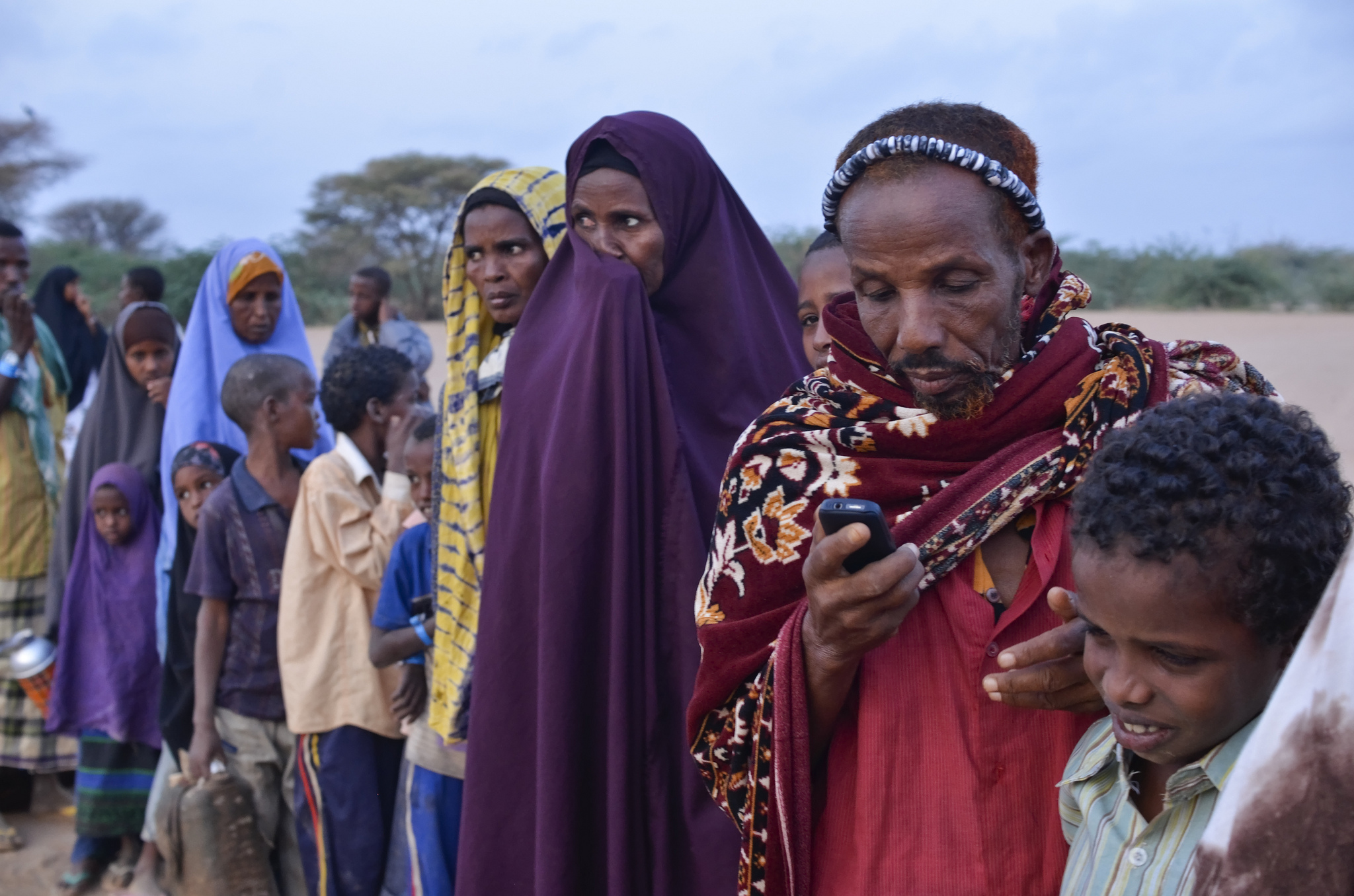by Marie Blessing Gilbert

On the 4th of December last, the withdrawal of approximately 700 US troops and assets from Somalia was announced by the Pentagon. Some of these numbers will be deployed outside of East Africa whilst the rest will be repositioned in countries neighbouring Somalia. For decades Somalia has been devasted as a result of wars and famines. The burden carried by its people has been huge. Assistance from the US forces in Somalia in attempting to stabilise the country is vital if any hope of a better tomorrow is ever to be achieved.
Al Shabaab is an Al Qaeda linked militant group in Somalia whose aim is to establish a caliphate in Somalia that would in turn spread to neighbouring countries in the ‘Horn of Africa’ and beyond. They are not the only extremist group in Somalia, ISIS too has a footing there, however they are the primary source of terrorist offences in the Horn of Africa.
US troops have been present in Somalia since the early 1990s when at its height, there were approximately 25,000 troops assisting UN aid workers in humanitarian and peacekeeping missions. This number was critically cut soon after by President Bill Clinton, and has dwindled since, to the 700 that were removed from Somalia in the last days of the Trump Administration.
The timing of the decision couldn’t be worse. Somalia has already missed the deadline of its general election which was due this month. Presidential elections are due to take place in February 2021. Tensions always run high in East Africa on the run up to and in the aftermath of elections. Anxiety in Somalia, which has been decimated for years at the hands of warlords and terrorist groups like Al Shabaab will hit a pinnacle soon. Pre- and post-election violence is expected no matter what the result of either election is due to the power struggle between elected officials, opponents, jihadist groups and clan elders. It is widely believed that the Somali security forces and African Union Mission in Somalia (AMISOM) are not prepared to deal with a further escalation of violence within the country. Al Shabaab, as the most powerful jihadi extremist group in Somalia, is set to capitalise in the strife that will ensue.
Further to this, Somalia’s current fragile governmental system has long been aided by troops from neighbouring Ethiopia as part of AMISOM. Ethiopia has approximately 4000 troops currently in Somalia. However published reports have shown hundreds of Tigrayans troops forming part of this number have had their weapons seized by Ethiopian troops loyal to the government in Addis Ababa as a result of the current conflict between Tigrayan and Ethiopian forces in Ethiopia. Should AMISOM forces get distracted in any way from their peacekeeping mission in Somalia a vacuum will be created where militants can thrive even further than they do already. Somalia and Ethiopia have a long, porous border and traditionally strong ties. If the conflict in Ethiopia continues or escalates Somalia will undoubtedly suffer as a consequence.
To add to the problems of this highly vulnerable state the announcement that the US will remove their troops from within Somalia’s borders in weeks will further weaken the security forces in Somalia. The brunt of the American withdrawal is expected to be felt by the Somali commando force, Danab that was set up in 2014 as an elite force of combatants. Danab was established largely with US financial help, training and equipment. Its primary aim was that of a counter terrorist force in the country. Accompanied on many missions by US forces, Danab will surely be left to fend for itself when its US counterparts leave Somalia. Given they have worked together closely for 6 years it will, without doubt be a devastating blow to the Somali counter-terrorism efforts.

Leading politicians in Somalia and neighbouring countries have been left alarmed by the Pentagon’s announcement with Somalia’s President, Mohamed Abdullahi Mohamed expressing deep concern that the efforts to counter terrorism in the region were aided hugely by the existing US-Somali partnership. In Neighbouring Kenya, Foreign Affairs Principal Secretary, Kamau Macharia, has opined that the situation will worsen in Somalia after the US withdrawal. It had already been announced that AMISOM troops were to work towards a full withdrawal of their troops from Somalia by the end of 2021, with graduated withdrawal already underway. Should this take place on top of US withdrawal the future looks very bleak for this extremely fragile and volatile state.
It seems that everything is happening at once to hinder any hopes that Somalia has to rise from the ashes of decades-long conflict. Somalia’s loss will be Al Shabaab’s gain and undoubtedly Trump’s final actions as he leaves the White House to withdraw his forces from Somalia will have devastating effects. The final withdrawal of troops was completed just two days before the inauguration of Joe Biden as President. The hope would be that President Biden will reverse this decision. However, with the troops already out of Somalia and even the uncertainly surrounding Trump’s decision will unquestioningly strengthen Al Shabaab’s resolve and can be seen as Trump’s parting gift to these jihadi extremists.
Marie Blessing Gilbert is currently studying full time for a Masters degree in Terrorism, Security and Society in King’s College London with an interest in the terrorism threat in Ireland and East Africa.
Marie is a part of the Strife Women in Writing Programme.





